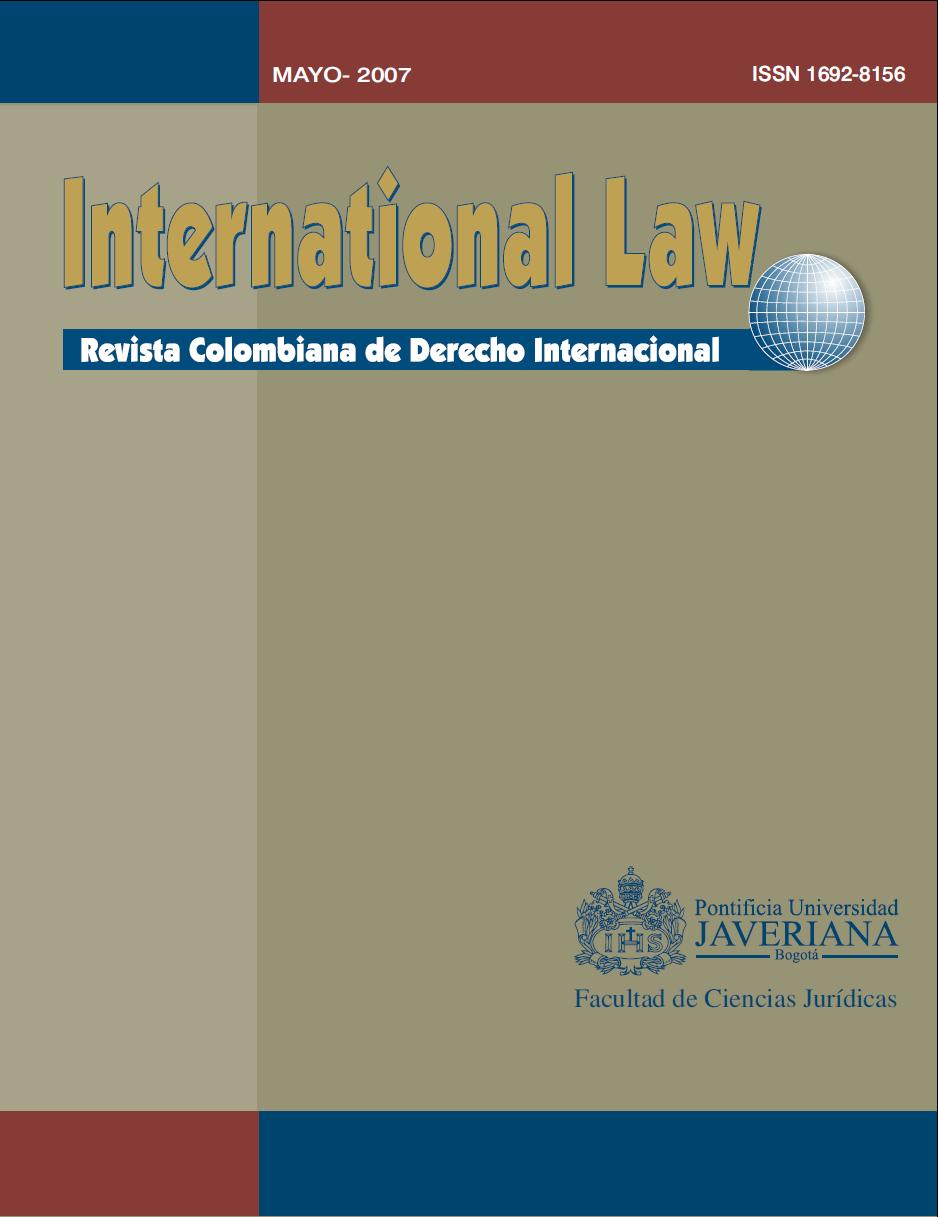Abstract
Kenya has been measuring corruption since the 2007, in the context of on-going performance contracting reforms. It has developed Corruption eradication performance indicators, and tasked the Ethics and Anti-Corruption Commission (EACC) to monitor and evaluate their implementation. This paper seeks to evaluate the impact of these approaches to measuring corruption. How are these indicators produced? How is corruption conceptualized, and what kinds of questions are asked in the surveys that inform these indicators? To what extent do these indicators reflect the “true picture” of corruption? Do these indicators contribute to decision-making on corruption in Kenya? What impact have these indicators had on the fight against corruption? By examining production and use of the corruption indicators by Transparency International-Kenya and the Government in the context of the fight against corruption and institutional reform in Kenya over the last decade, this paper seek to explore whether and how do these indicators affect the work of policymakers, civil society, institutions, and government.This journal is registered under a Creative Commons Attribution 4.0 International Public License. Thus, this work may be reproduced, distributed, and publicly shared in digital format, as long as the names of the authors and Pontificia Universidad Javeriana are acknowledged. Others are allowed to quote, adapt, transform, auto-archive, republish, and create based on this material, for any purpose (even commercial ones), provided the authorship is duly acknowledged, a link to the original work is provided, and it is specified if changes have been made. Pontificia Universidad Javeriana does not hold the rights of published works and the authors are solely responsible for the contents of their works; they keep the moral, intellectual, privacy, and publicity rights.
Approving the intervention of the work (review, copy-editing, translation, layout) and the following outreach, are granted through an use license and not through an assignment of rights. This means the journal and Pontificia Universidad Javeriana cannot be held responsible for any ethical malpractice by the authors. As a consequence of the protection granted by the use license, the journal is not required to publish recantations or modify information already published, unless the errata stems from the editorial management process. Publishing contents in this journal does not generate royalties for contributors.


